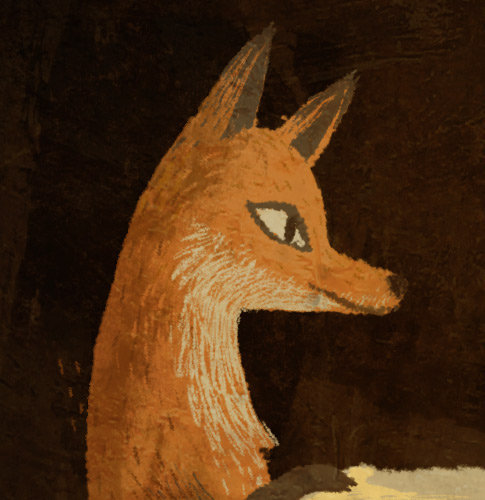'Looking back to my own childhood, the fact that so many of the stories I read allowed the possibility of frogs turning into princes, whether that has a sort of insidious affect on rationality, I'm not sure. Perhaps it's something for research.'
He calls bringing children up to believe in spells and magic anti-scientific and in his book wants to compare mythical/magical thinking with scientific/rational thinking. Comparing myths with factual events and such. The intent of the book is going to be to encourage children to always think for themselves and look for the eveidence of things.
Well whoopteedoo, as though fairytales are supposed to be taken literally. As though children think Harry Potter is real. Like those prudish shrieking crusaders who want to remove Harry Potter from library shelves he seems to vastly underestimate children. It may be fun to make believe that Harry Potter is real, that you can do spells, but I think that most children can differentiate between fact and fiction very well.
I suspect that what mr. Dawkins is afraid of is not that children might believe in Harry Potter, but that it will somehow make them more susceptible to believe in god.
In the end he should look at his own words again I think. 'Looking back to my own childhood, the fact that so many of the stories I read allowed the possibility of frogs turning into princes, whether that has a sort of insidious affect on rationality, I'm not sure.'
Well it hasn't affected him much, has it?
Anyway he should save himself the trouble and just recommend Philip Pullman's His Dark Materials books, which through the use of mythical storytelling manages to promote thinking for yourself and developing a rational mind.
Lastly, he has trouble with children reading fantasy, but not apparently with them watching it on tv.


No comments:
Post a Comment